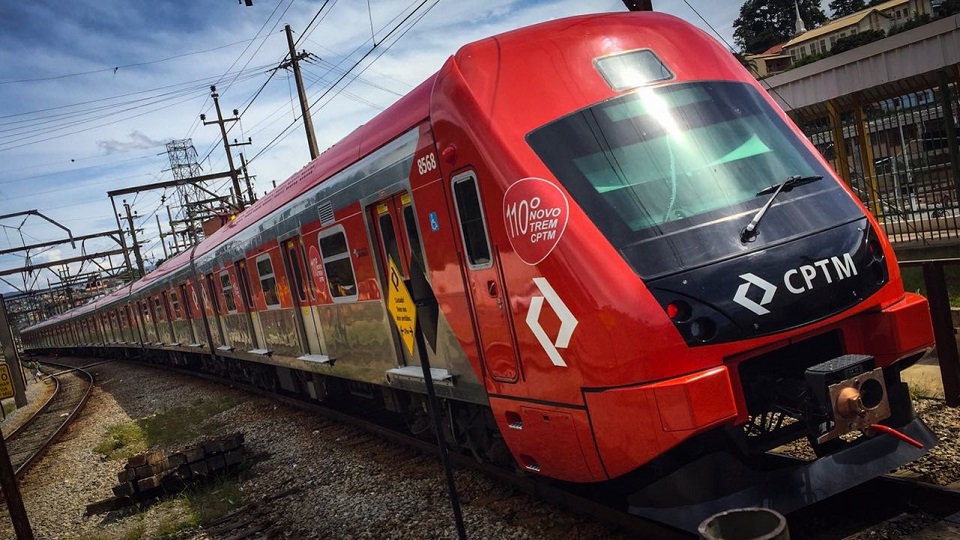Publications
Filter by
286 results found
The Navigator – a web-based platform – helps project teams, public authorities and financiers to find the right sustainable infrastructure tool from amongst 50+ rating systems, high-level principles and guidelines.


This handbook synthesises and disseminates knowledge to inform the planning, implementation, and operations of urban rail projects.


The PPP Contract Management Tool provides public sector officials with practical guidance and case studies, so that those responsible for managing contracts after financial close are better able to ensure project objectives and value for money.


ndustry 4.0 can be characterized by the integration of autonomous robots and machinery and other smart technologies. It is a move toward smart technology in manufacturing with a focus on connectivity.



For this year’s edition, we reached out to more than 10,000 people in 10 major global cities to ask about their everyday experiences with infrastructure services. How satisfied and safe do they feel with their roads and bridges, rail services and utilities? How engaged are they in the decision-making processes for new projects that can improve lifestyles and drive new economic growth?






A practical guide for governments, informed by a country-lens review of leading practices


The goal of this paper is to estimate the additional annual spending required for meaningful progress on the SDGs in these areas. Our estimates refer to additional spending in 2030, relative to a baseline of current spending to GDP in these sectors.


The reference tool on Governmental Processes Facilitating Infrastructure Project Preparation closely examines the relationships between countries institutional arrangements for project preparation, funding programs, project identification, feasibility studies and project structuring, through the lens of country-level governance and implementation. This initiative closely aligns with the G20 Principles for Project Preparation endorsed by the G20 Leaders in November 2018.


Infrastructure projects in the Netherlands, such as the construction of roads, bridges and tunnels, have become larger and more complex in recent years. This thesis is about these kinds of infrastructure projects, about the challenges and tensions that go with them, about how people experience them and how they look jointly for solutions, and how they succeed or sometimes fail.

For this year s edition, we reached out to more than 10,000 people in 10 major global cities to ask about their everyday experiences with infrastructure services. How satisfied and safe do they feel with their roads and bridges, rail services and utilities? How engaged are they in the decision-making processes for new projects that can improve lifestyles and drive new economic growth?

One of the primary responsibilities of governments the world over is to provide public services to their citizens, including through infrastructure projects. However, governments are often faced with limited resources, constraining their ability to finance and deliver infrastructure on their own. Thus, it is often necessary to invite a private sector party to jointly provide the services in partnership with the public sector.
With a people-centred vision, the Argentine G20 Presidency placed sustainable development at the forefront of the G20 agenda in 2018, under the theme Building consensus for fair and sustainable development .
This paper is a collaboration between the World Bank’s Transport Global Practice, the World Bank’s Energy Sector Management Assistance Program (ESMAP) and the International Association of Public Transport (UITP) to assemble evidence, viewpoints, and analysis on eMobility programs.

This G20 Eminent Persons Group on Global Financial Governance report recommends reforms to the global financial architecture and governance of the system of International Financial Institutions (IFIs), aiming to promote economic stability and sustainable growth and consider how the G20 could better provide continued leadership and support for these goals.

The report “Making Blended Finance work for the SDGs” supports the OECD DAC blended principles for unlocking commercial finance for SDGs and further sharpens their focus on the deployment of development and commercial finance on the objectives of development.

This report draws from interviews from coding bootcamps to understand why less women attend coding bootcamps, and strategy on how policy makers can achieve a higher ratio of women in these bootcamps.

This brief outlines how better crash data can be used to improve road safety





 AECOM
AECOM



